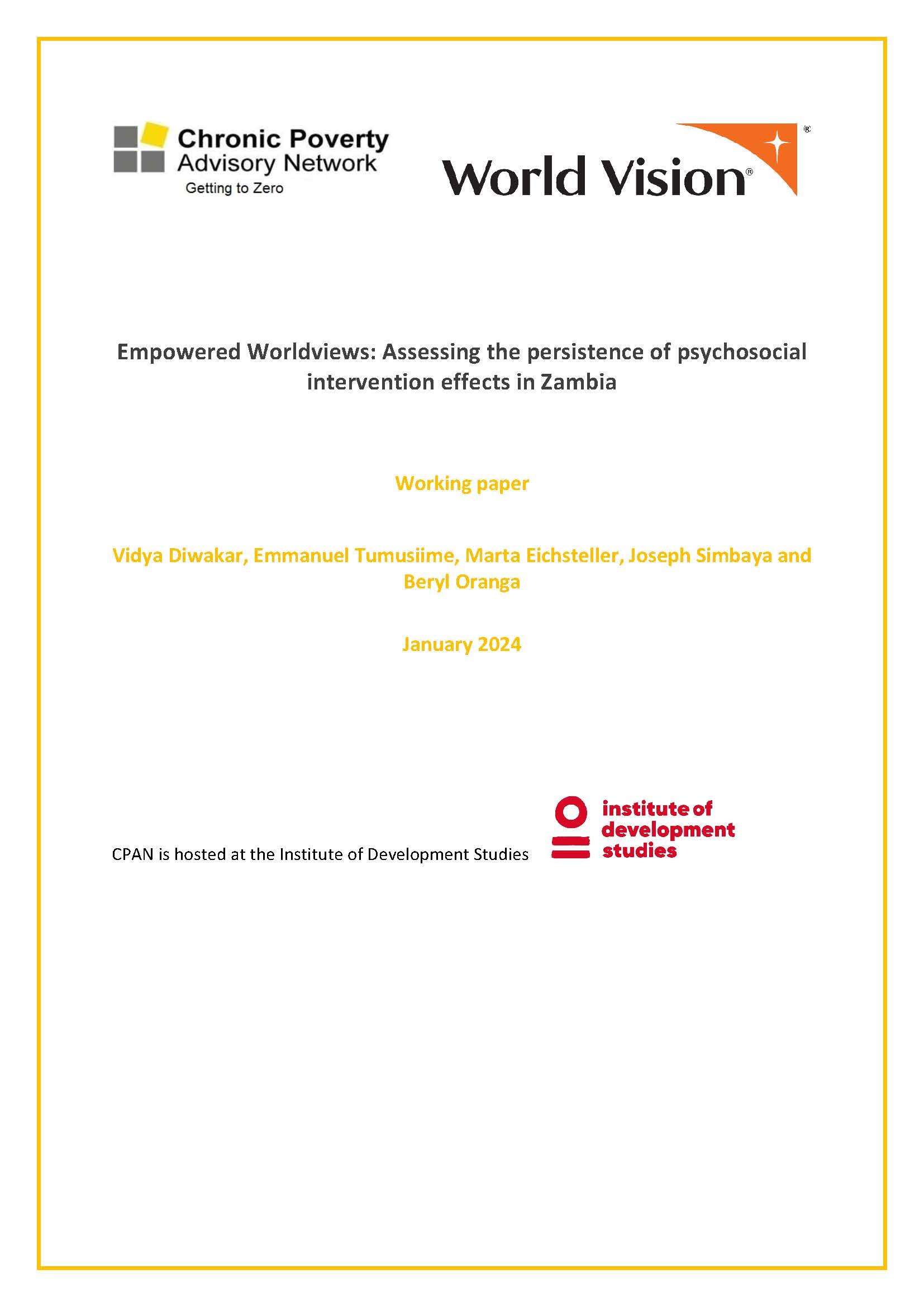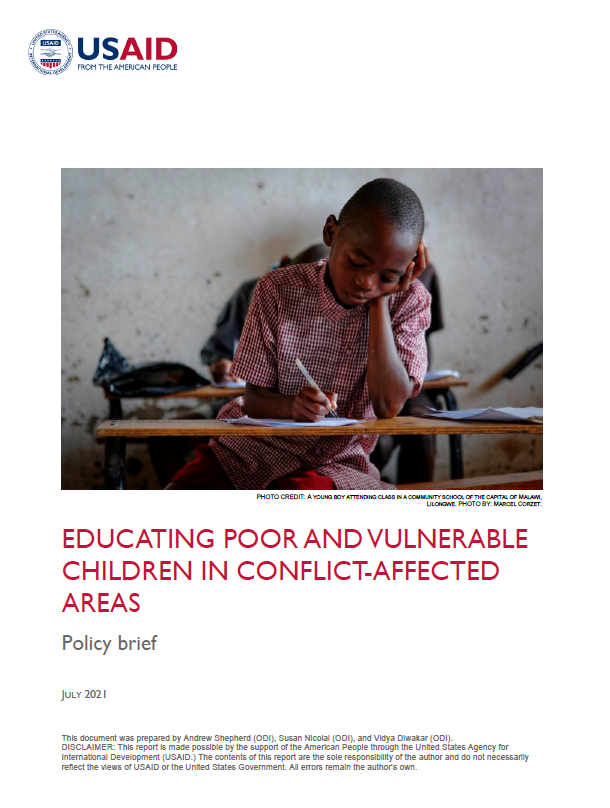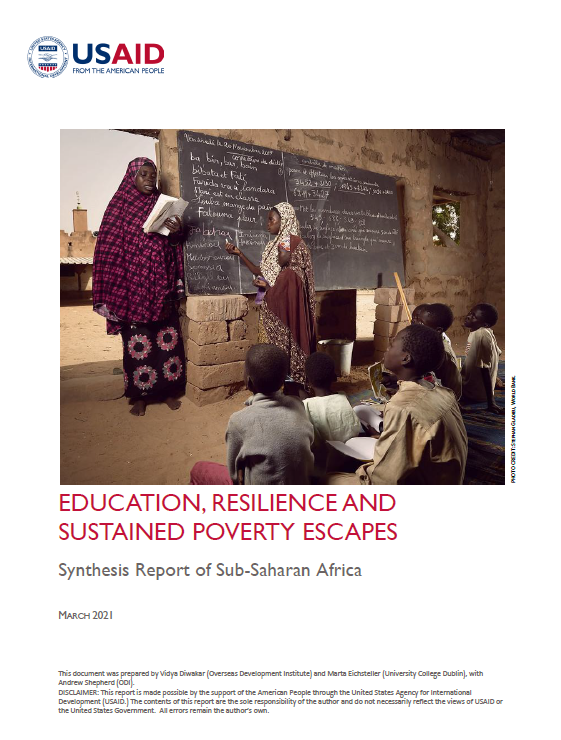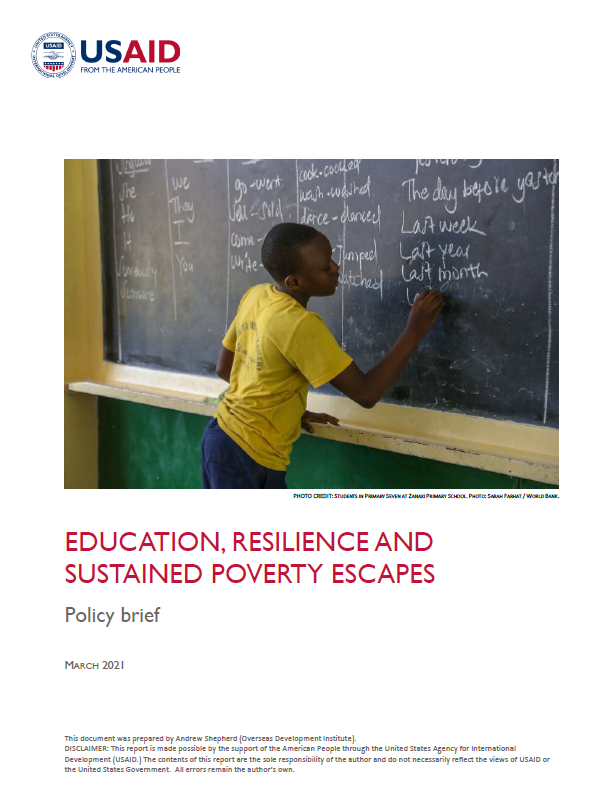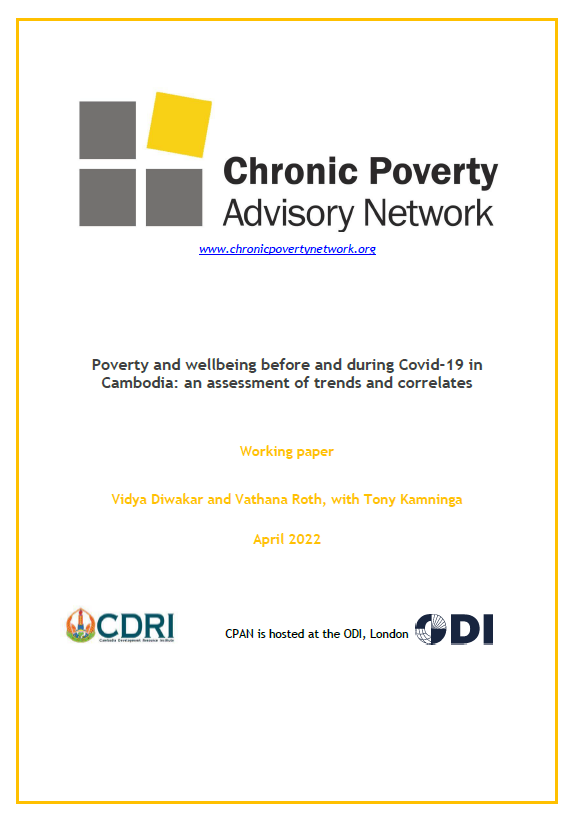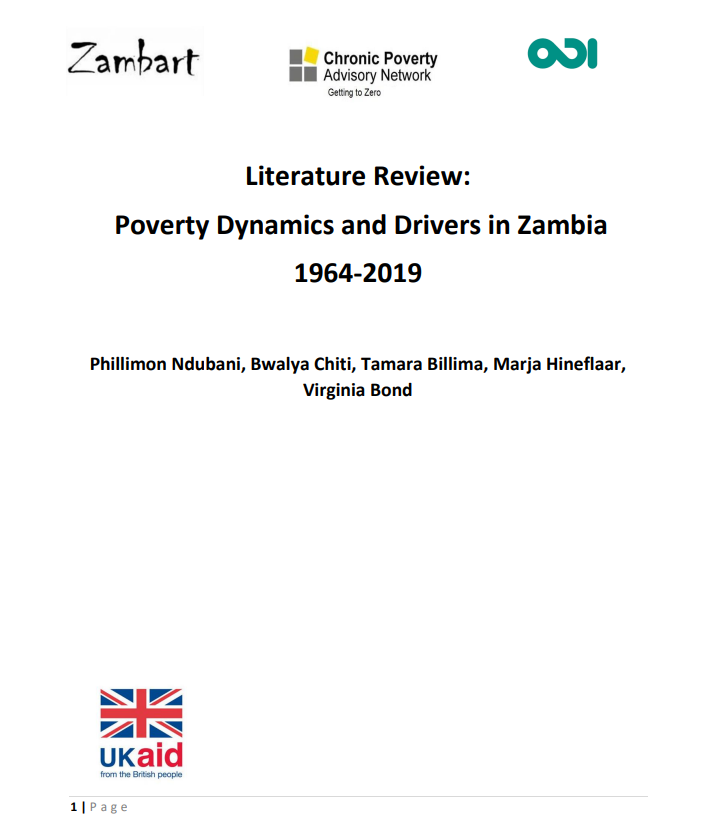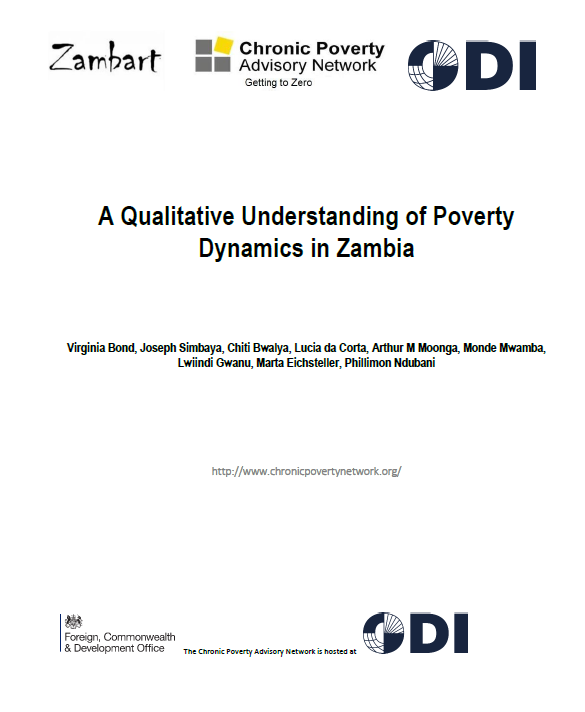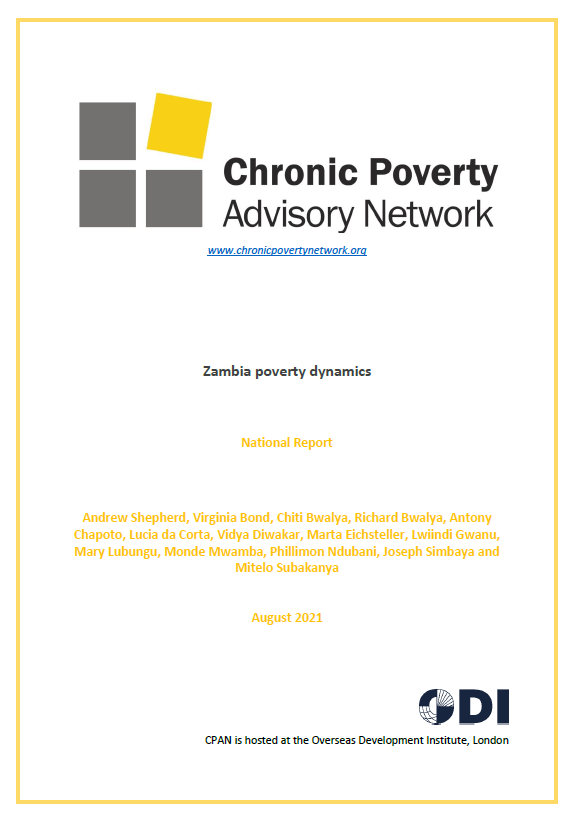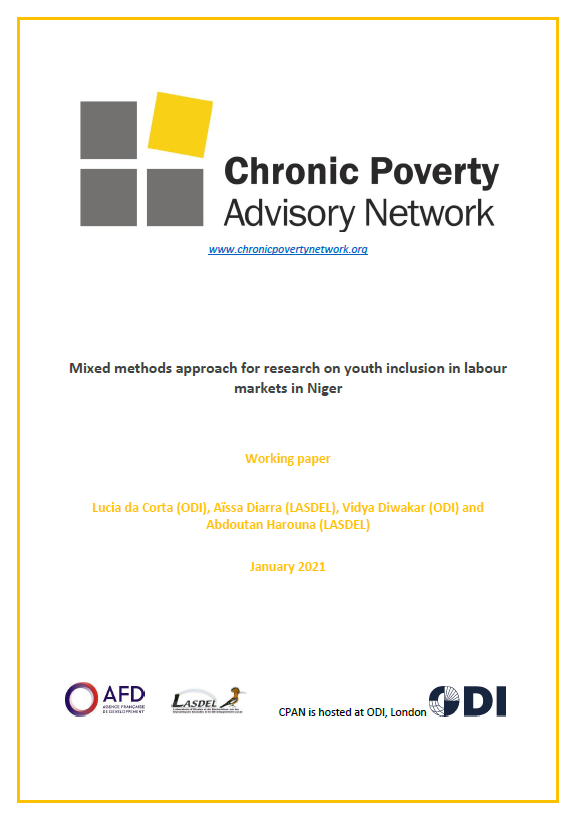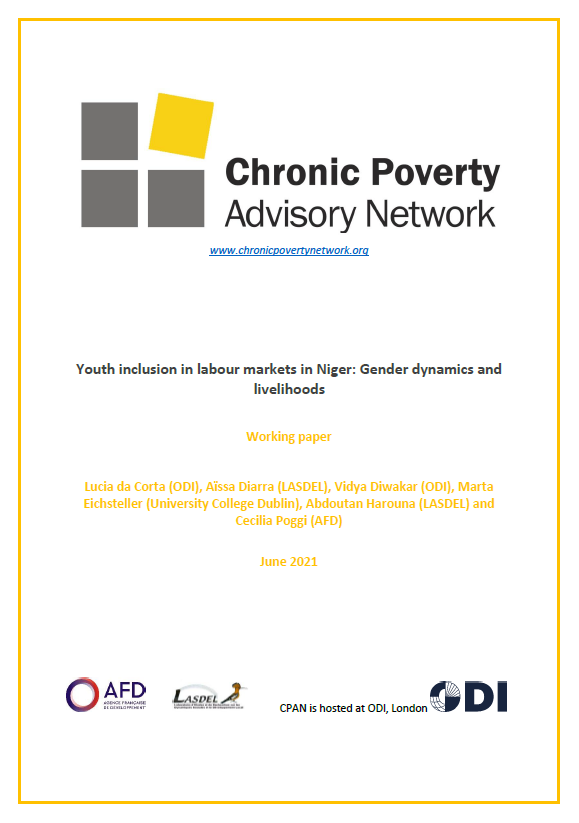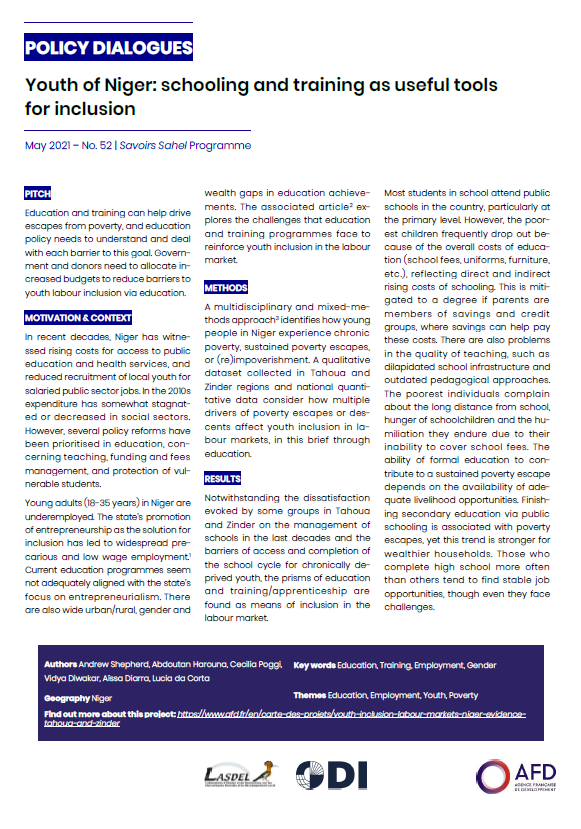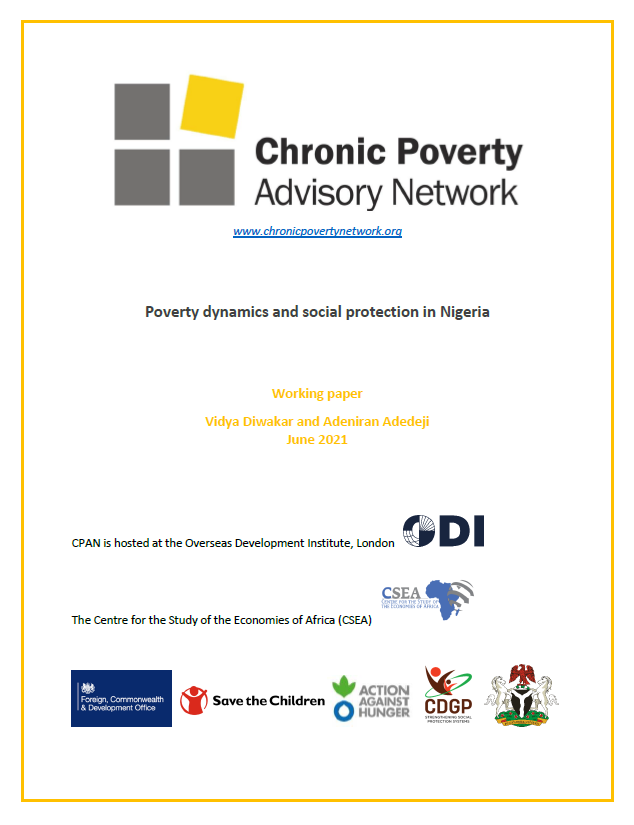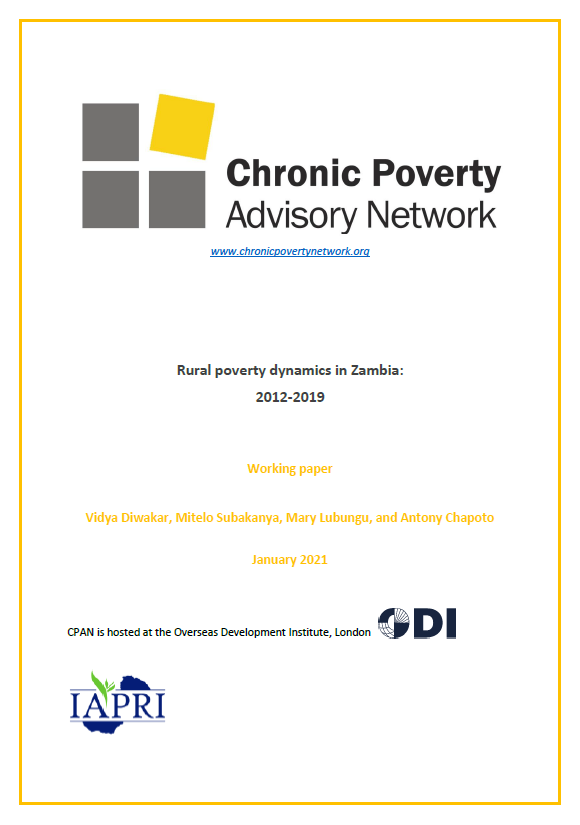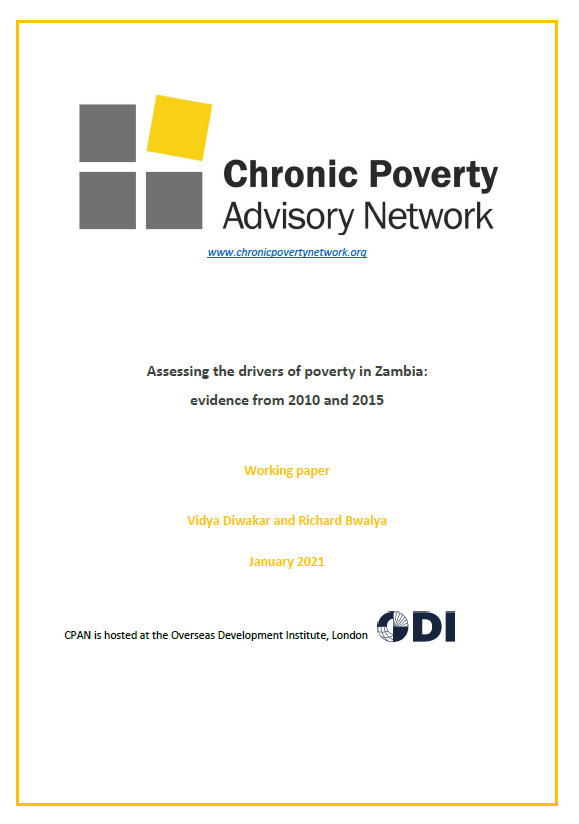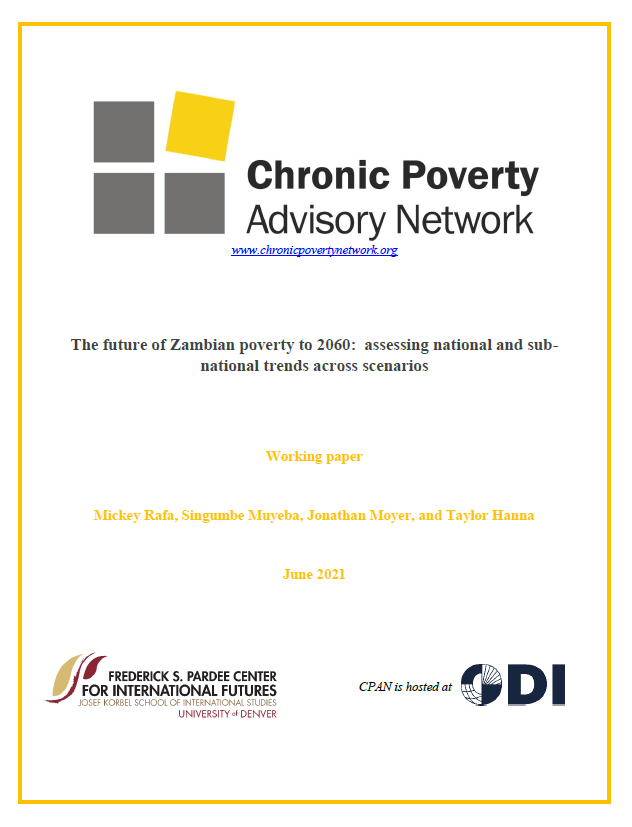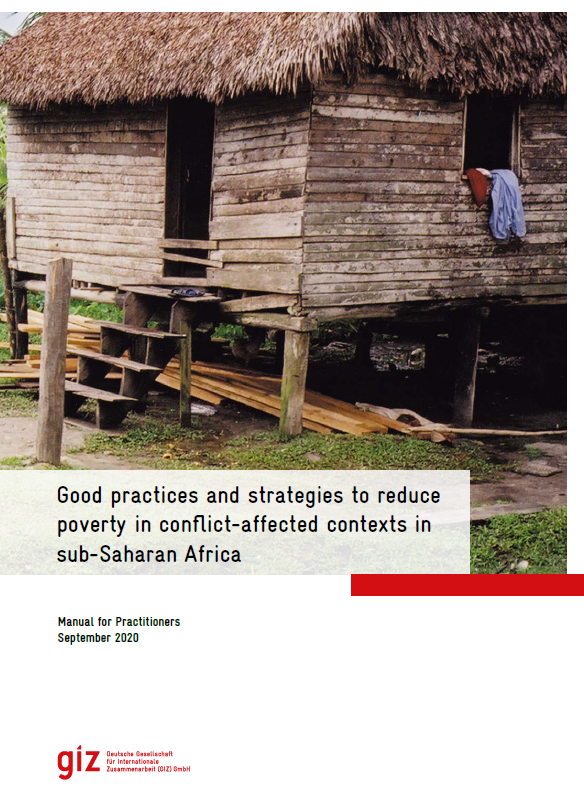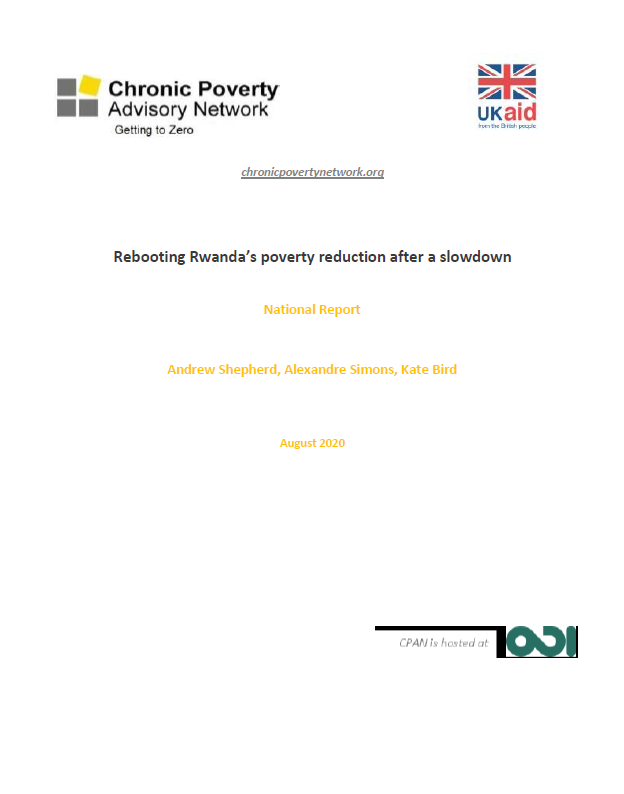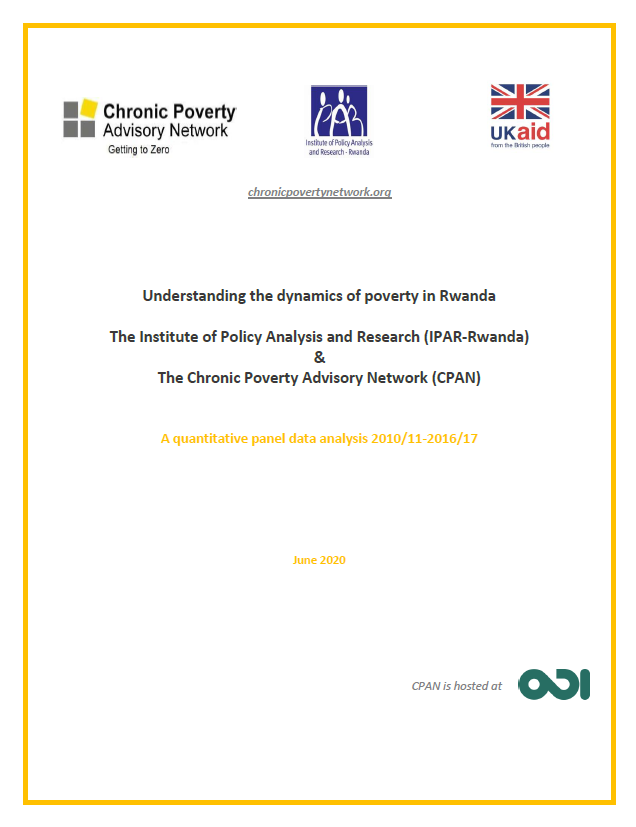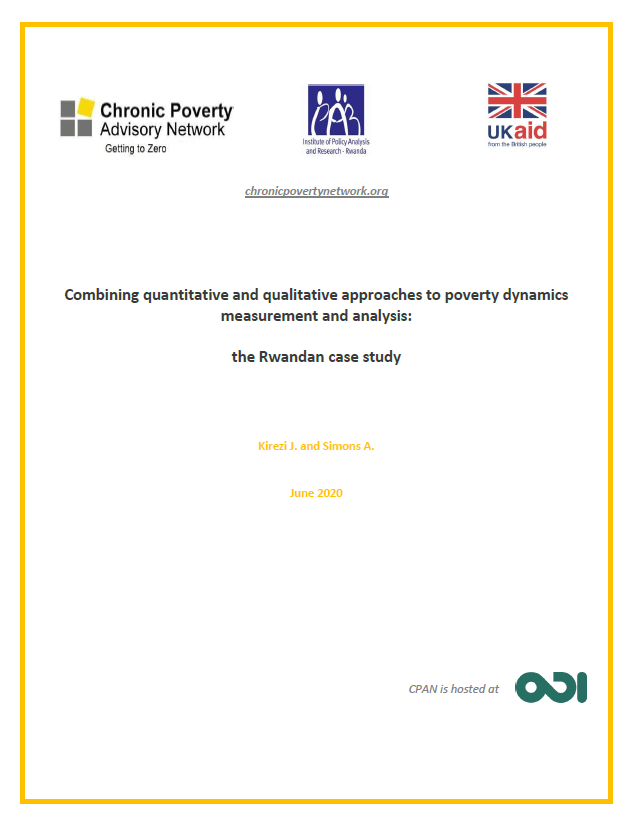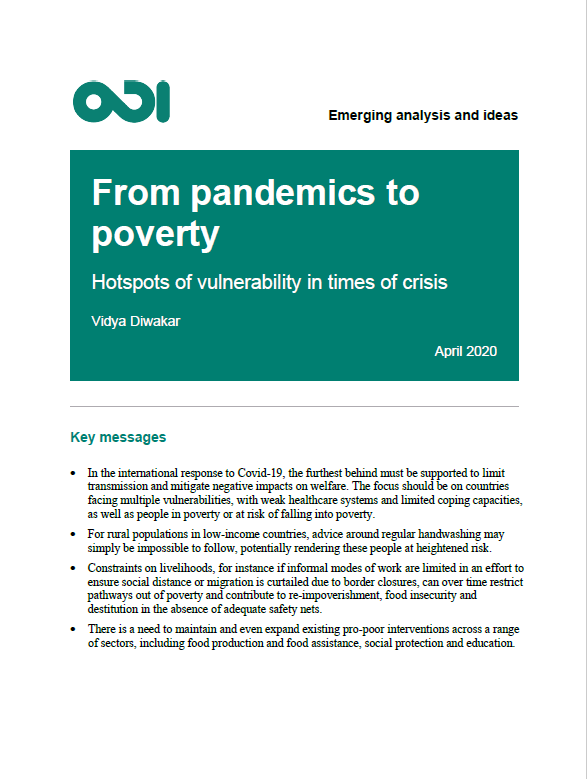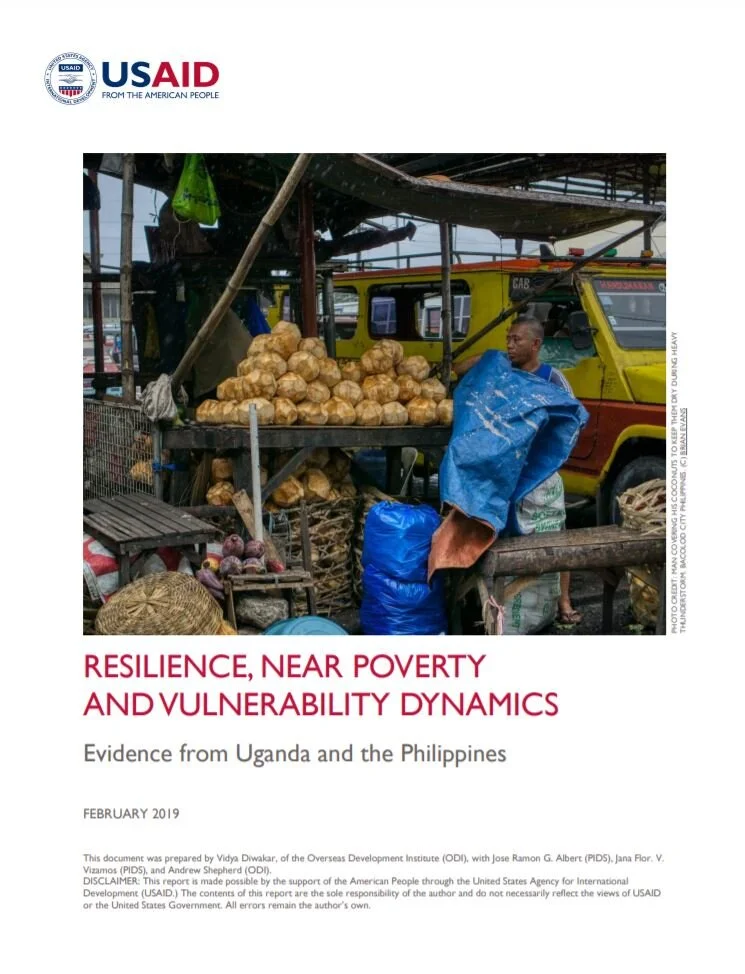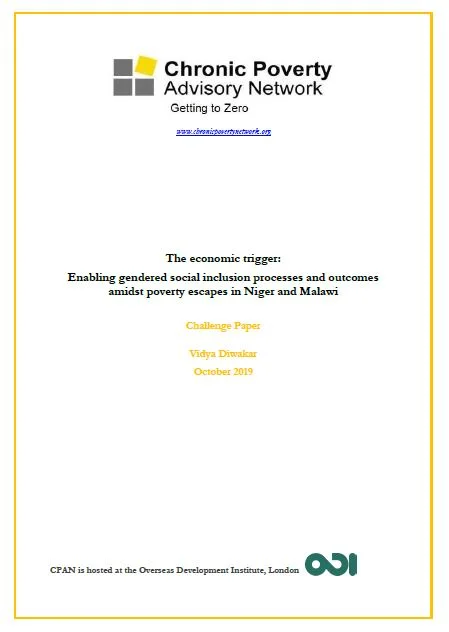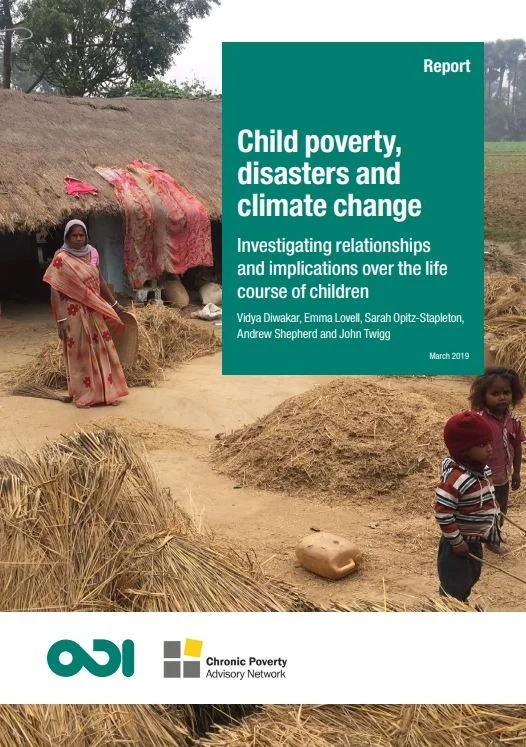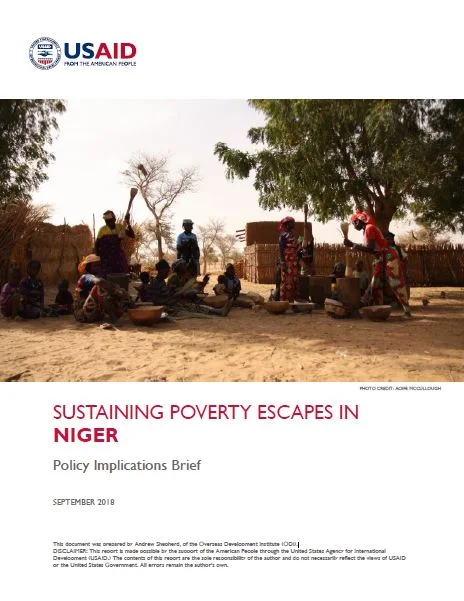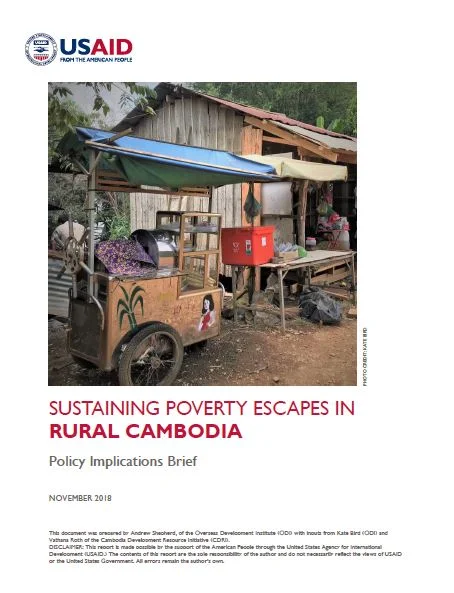To reach zero poverty, efforts must be made to: (1) tackle chronic poverty, (2) prevent impoverishment, and (3) ensure escapes from poverty are sustained over time. However, analysis of existing three-wave panel datasets to examine poverty dynamics in eight countries reveals a disturbing trend: the rate at which rural households descended into poverty (became impoverished) sometimes exceeded the rate at which other households achieved a sustained escape.
To date, there is little knowledge about what differentiates a sustained escape from a temporary escape, or these from chronic poverty. The principal objective of this research is thus to develop an understanding of why some households managed to sustain their escapes out of extreme poverty while others fell back into poverty. Country-level studies of poverty dynamics have been an essential input into understanding what countries need to do to ensure that escapes from poverty are sustained over time.
The key message emerging from this research reveals that:
Managing risk is central to achieving sustained rather than temporary escapes from extreme poverty, and to achieving escapes rather than experiencing impoverishment. Examples of risks – and essential ‘conversion factors’ that can make or break a household’s ability to sustain a poverty escape – are those related to agriculture, asset theft, ill health, adverse gender norms, and conflict and disasters.
If poor people were well protected against major risks, poverty reduction driven by growth, human development and progressive social change would progress much faster, especially in Africa.
There are examples of policies and programmes that can reduce some of these risks and create enabling environments for poor and near-poor people: these need to be learned from, multiplied and expanded. A first step is for policy-makers to acknowledge that such risks are negating their efforts to lift people out of poverty, and then to develop risk management policy portfolios to enhance the process of poverty eradication.
Authors: Vidya Diwakar and Andrew Shepherd
